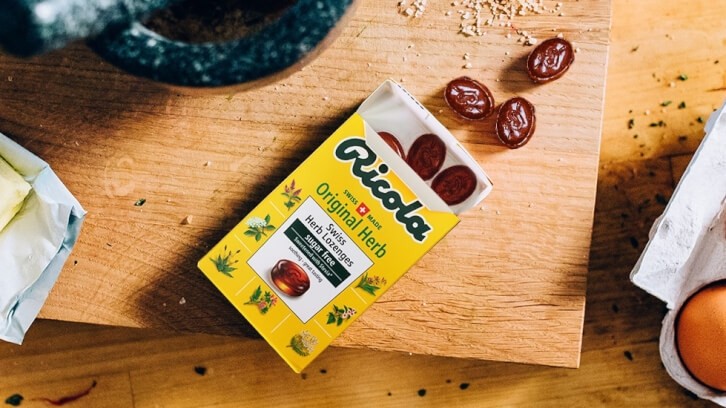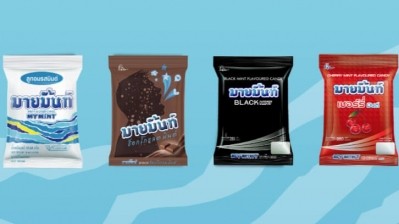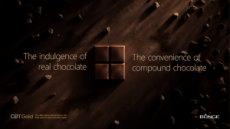Herbaceous delights: Ricola riding sugar-free candy popularity wave in APAC to draw health conscious consumers

With some 70 to 80 different individual products across various formats and spanning about 50 flavours, Ricola has long been a mainstay in supermarket confectionery aisles all over the world, banking on its herbaceous focus.
Between 2018 to 2022, the firm undertook a massive exercise to reformulate many of its products to remove sugar and replace this with stevia, but did this ‘quietly’ without advertising this change as part of its marketing.
Several years on, however, this foresight is serving it well in increasingly health conscious markets such as APAC.
“Ricola’s main focus has always been on the inclusion of herbs in our products – it’s not fruit with the herbs taste, but herbs with the fruit taste such as Lemon Mint and Apple Mint,” Ricola Vice President Region Middle East and Travel Retail Andreas Reckart told FoodNavigator-Asia at the recent Tax Free World Association (TFWA) event in Singapore.
“When we chose to reformulate with stevia, it was a big exercise because stevia has a specific taste and we had to do a lot of reformulation work to ensure that the taste of the productswere not affected by this change.
“Consumers in the EU are especially sensitive with regard to checking labels, but in the APAC market we have also found that sugar-free is becoming a business driver, with many consumers looking for such products – so even though we did the reformulation simply because it was the right thing to do and we did not make much noise about it, it has worked out well.
“It also helps that there are not that many of such sugar-free products in the market currently so we do stand out. This is so in the Asian travel retail sector too, where sugar-free is very popular and is really quite dominant for us here.”
There are also supply chain benefits in removing the sugar, especially in Asia.
“Given the hot and humid weather in Asia, the products that contain sugar do tend to clump in the packs or boxes when temperatures rise during transport or storage,” he added.
“Removing the sugar and using stevia has actually helped to cut down this problem and solved a pain point for us, so it is certainly a bonus benefit.”
The weather also appears to have an impact on flavour popularity, with Asian consumers generally opting for more refreshing choices.
“We are seeing Lemon Mint growing strongly here in this region, likely due to its refreshing, somewhat cooling effect,” he said.
“This is quite different to the current favourite in the European and North American markets which is Cranberry.”
Interestingly, sugar-free products are still considered less popular in the Middle Eastern region despite what is largely considered a rising health awareness trend.
“The Middle East market in general does prefer sweeter items from candies to juices, and this has been no different for us – consumers there still prefer the variants with sugar, as they say the taste profile is still better than the sugar-free ones,” he said.
“At present Ricola’s Europe portfolio is fully sugar-free, whereas Asia has not completed this transition fully but we anticipate this to happen soon.”
Travel retail insights
In terms of travel retail, Reckart highlighted that product innovation for Ricola focuses strongly on format innovation.
“Travel retail caters to a wide range of consumers, many of which are usually not repeat or return consumers, so focusing on flavour innovation is not a very efficient strategy,” he said.
“So things like the use of tin boxes that look more premium and are also reusable for other purposes or refills after finishing the candies, and larger pack sizes so they can bring more home from their travels.”



















